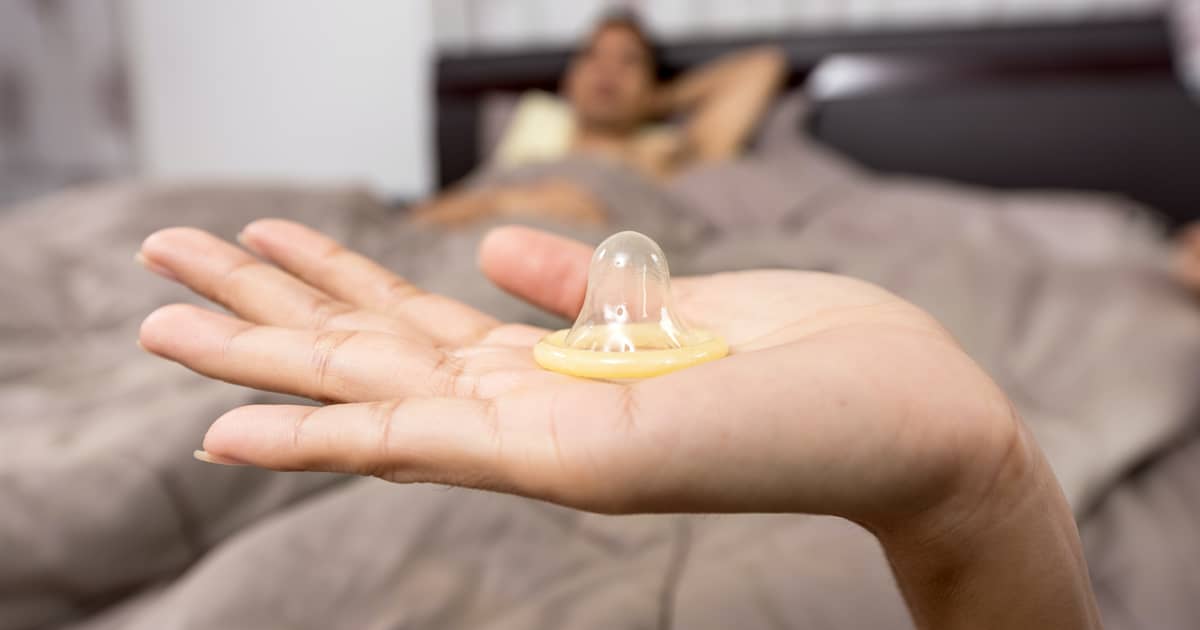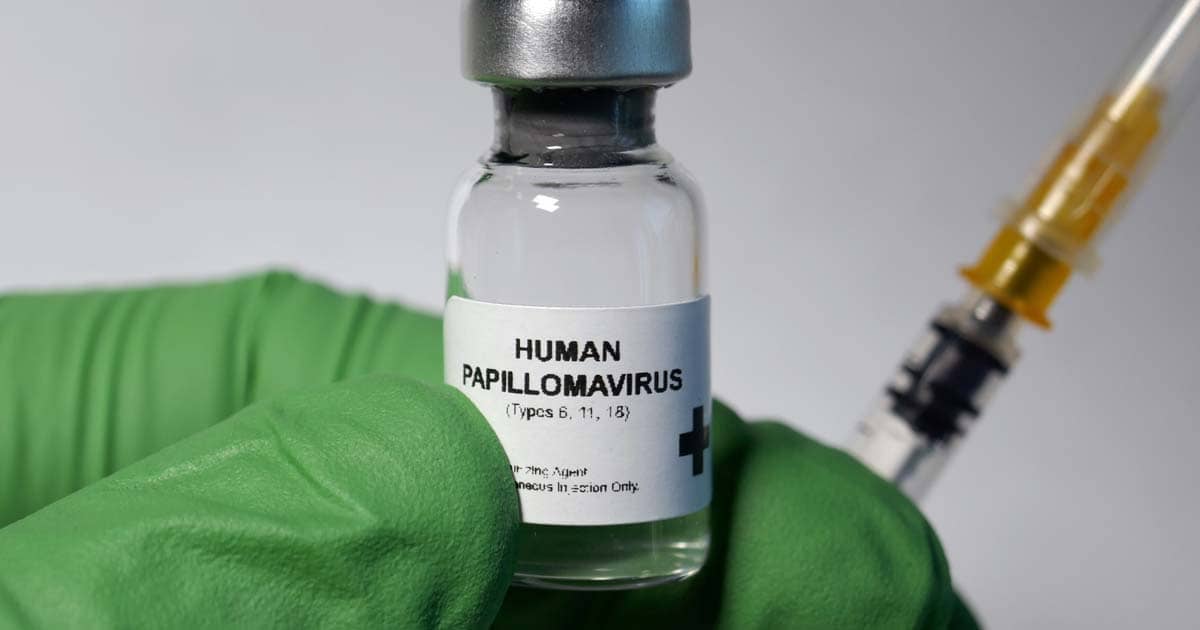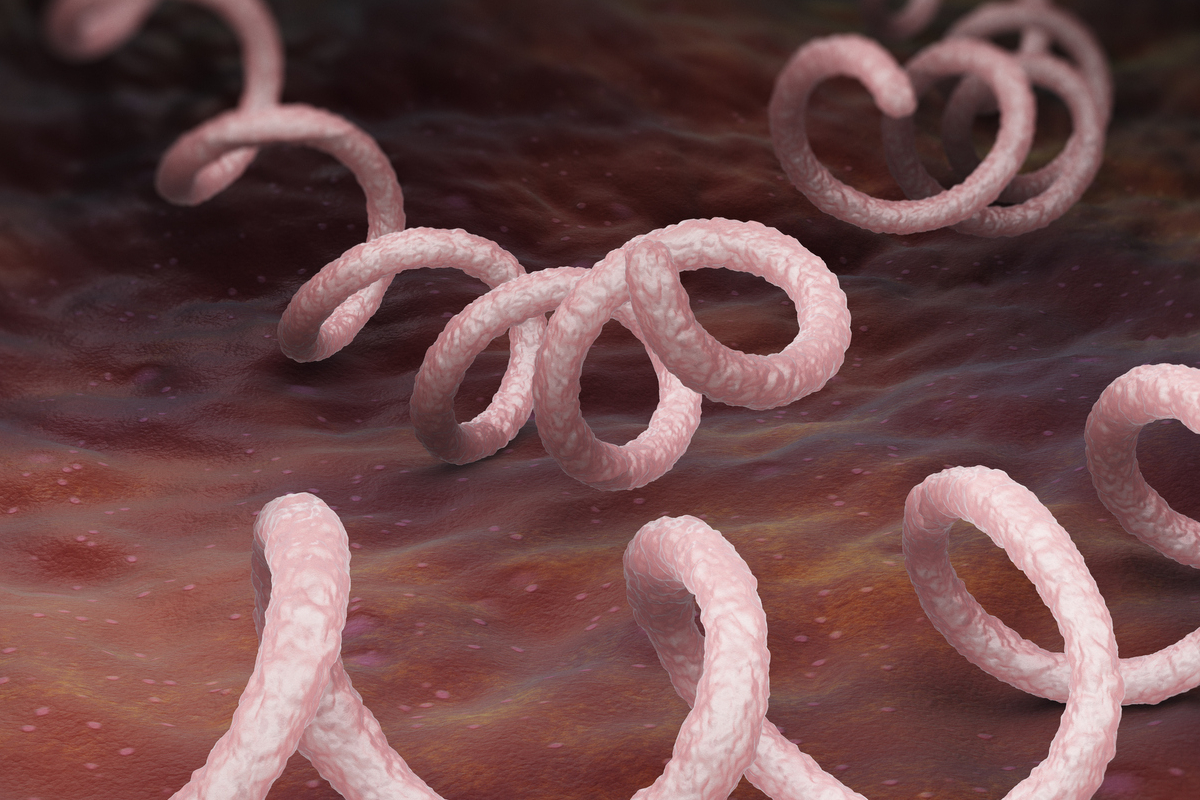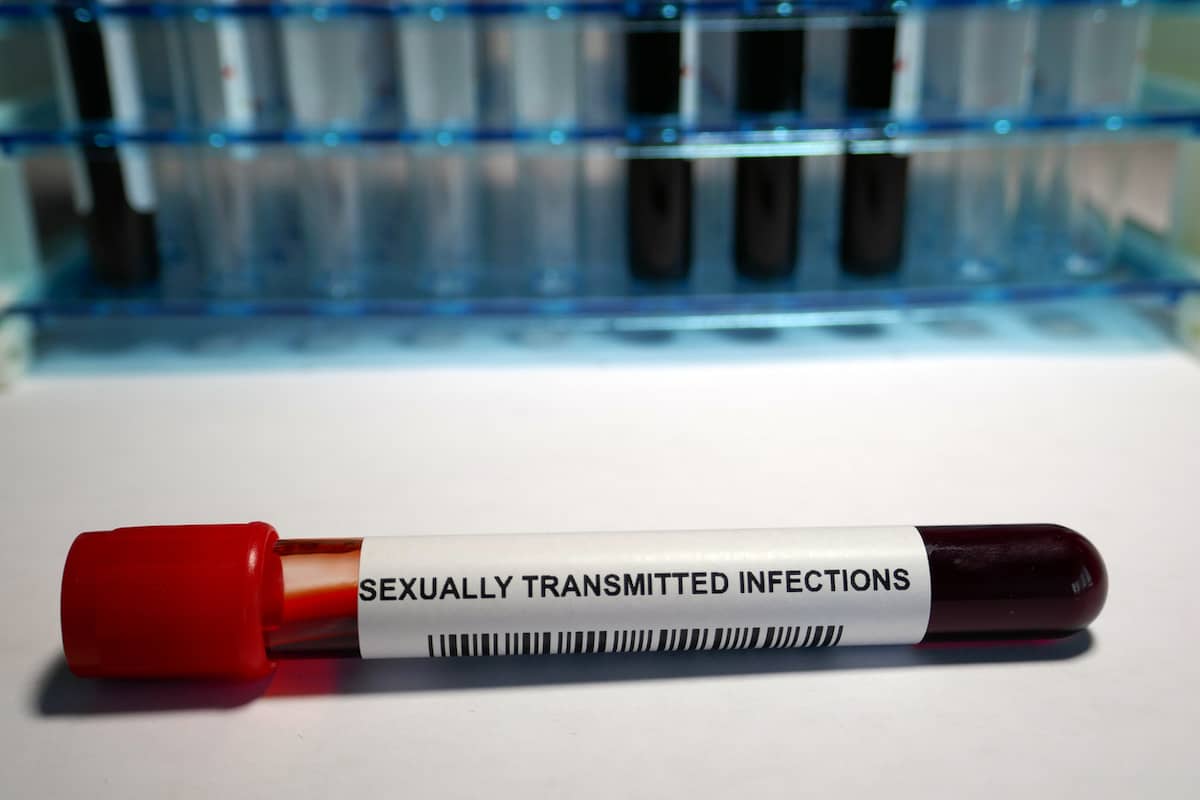Condoms have long been considered one of the most reliable kinds of protection against STDs. New research, however, provides additional important information on how such barrier contraception works. The evidence suggests that condoms aren’t as effective as previously believed when it comes to certain infections.
Continue readingPost Category → #ThingsYouShouldKnow
The Doxy PEP Revolution in STI Prevention?
Many people still believe that only high risk individuals should get tested for STDs. This isn’t the case. Everyone who is sexually active will benefit from regular screening. If you want to embrace this important decision but your partner refuses, there are a couple of things to do about the situation. Open and honest communication is always going to be most important.
Continue readingTrying to Get Pregnant and STDs: Everything You Need to Know
Many people still believe that only high risk individuals should get tested for STDs. This isn’t the case. Everyone who is sexually active will benefit from regular screening. If you want to embrace this important decision but your partner refuses, there are a couple of things to do about the situation. Open and honest communication is always going to be most important.
Continue readingCan STDs Cause Prostatitis?
Many people still believe that only high risk individuals should get tested for STDs. This isn’t the case. Everyone who is sexually active will benefit from regular screening. If you want to embrace this important decision but your partner refuses, there are a couple of things to do about the situation. Open and honest communication is always going to be most important.
Continue readingWhat to Do if Your Partner Doesn’t Want to Get Tested for STDs
Many people still believe that only high risk individuals should get tested for STDs. This isn’t the case. Everyone who is sexually active will benefit from regular screening. If you want to embrace this important decision but your partner refuses, there are a couple of things to do about the situation. Open and honest communication is always going to be most important.
Continue readingAlarming Trend Alert: STDs Up While Condom Use Goes Down
Wouldn’t it be easiest to prevent STDs through the development of effective vaccines? The answer depends on the condition being discussed. Vaccines exist for three widespread STDs and several new pharmaceutical products are in the stage of development. Effective STD vaccine development, however, faces a number of challenges that have to be overcome.
Continue readingHIV PEP and PrEP FAQ: Your Most Pressing Questions Answered
HIV pre-exposure prophylaxis (PrEP) and post-exposure prophylaxis (PEP) have proven to be game changers when it comes to preventing infections. Regardless of their efficiency and the fact they’ve been around for some time, there are still quite a lot of questions about the medications. We will try to demystify them in the following guide.
Continue readingWhich STDs Can Be Prevented by a Vaccine?
Wouldn’t it be easiest to prevent STDs through the development of effective vaccines? The answer depends on the condition being discussed. Vaccines exist for three widespread STDs and several new pharmaceutical products are in the stage of development. Effective STD vaccine development, however, faces a number of challenges that have to be overcome.
Continue readingHealth Crisis Alert: Congenital Syphilis on the Rise
Congenital syphilis is passed on from a mother to a baby during pregnancy when the STD is left untreated. Unfortunately, that’s a serious problem bound to have major consequences. In spite of easily accessible testing and effective treatments, congenital syphilis is on the rise in many parts of the world.
Continue readingThis Rare STD Can Go Undetected and Cause Serious (Fertility) Complications
Mycoplasma genitalium was previously considered a rare STD but it is becoming more common and widespread. The sneaky nature of this infection makes it very easy to pass on to someone else. At the same time, the bacterium can affect the reproductive tract of both men and women. It is considered a cause of pelvic inflammatory disease – one really common contributor to infertility.
Continue reading








